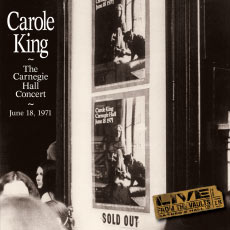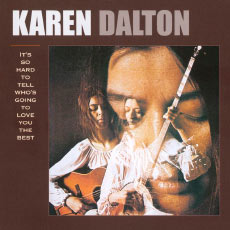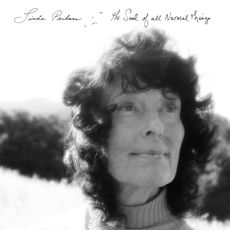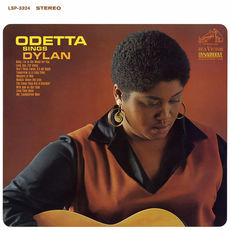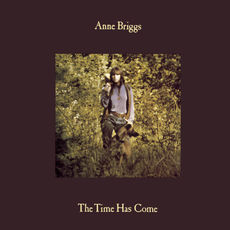Joan Baez
As an heir to founders Woody Guthrie (1912-1967) and Pete Seeger (1919-2014), Joan Baez will forever remain THE queen of sixties protest folk music, even an icon. In the context of the Civil Rights Movement and the Vietnam War, this daughter of a Mexican father and a Scottish mother gradually moved away from the artistic preoccupations of her ex, Bob Dylan, to commit further to activism, even joining the ranks of organisations such as Amnesty International: An involvement that never affected the poetry in her music. And even when she revisits her masters (Dylan, Guthrie, Donovan), her otherworldly voice and its immaculate beauty is often overwhelming. To keep up with the times, Joan Baez sometimes abandoned pure folk to develop her instrumentation, like on her very successful 1975 album Diamonds and Rust, in which she surrounded herself with jazz and radio giants such as Larry Carlton, Wilton Felder, Joe Sample and Tom Scott… She slowed down on the musical front in the 80s and 90s to fight real causes such as the human rights, LGBT rights, the fight against the death penalty, as well as ecological stances. And now, with Trump’s America reminding her that not much has changed in all those years, the high priestess of folk music came out of her shell in 2018 to remind everyone of her voice’s aura and singularity with the album Whistle Down the Wind in which she covered the likes of Tom Waits, Josh Ritter, ANOHNI, Mary Chapin Carpenter and Joe Henry. In fact, Joan Baez’s ability to take on the writings of others has always been her most fascinating talent. And when she interprets The President Sang Amazing Grace, composed by Zoe Mulford after the shooting in Charleston’s church in June 2015, the result is intense to say the least.
Sibylle Baier
Aliens don’t exist, but space oddities certainly do. And in 2006, indie label Orange Twin managed to find one. Titled Colour Green, it is the work of a complete unknown from Germany, Sibylle Baier. She composed and recorded a few songs in her home between 1970 and 1973. Succinct sleeve notes explain that it was after a trip between Strasbourg and Genoa that the young woman gave life to these fourteen timeless gems, edited by her son 35 years after their recording. Her bare, unpretentious voice appears to be overcome by unrelenting angst: so oppressive it becomes imperial, immaculate. Sibylle Baier’s vocals are reminiscent of a cheerful Nico, a stunned Leonard Cohen, or a morose Vashti Bunyan. Long story short, its nothing you’d want to conga to. Quickly propelled to iconic status, Baier’s recordings aren’t yet another textbook of depressed folk music for Devendra Banhart fans. Beyond her weightless singing, she wove an impressive harmonic canvas to stamp out any hint of the dullness sometimes associated with folk.
Create a free account to keep reading

